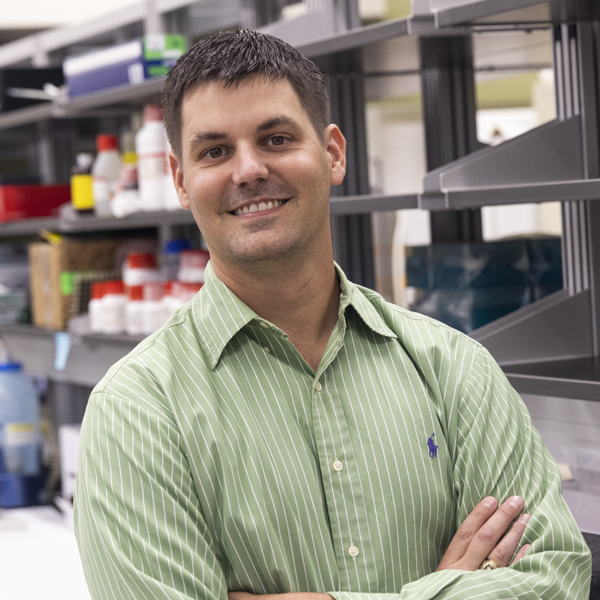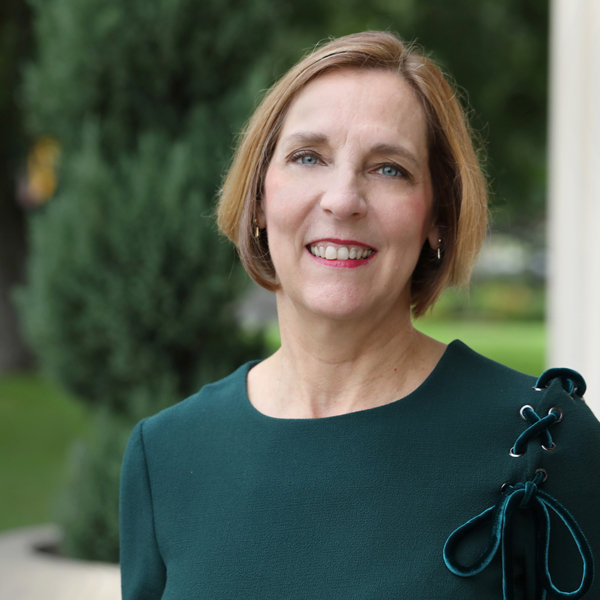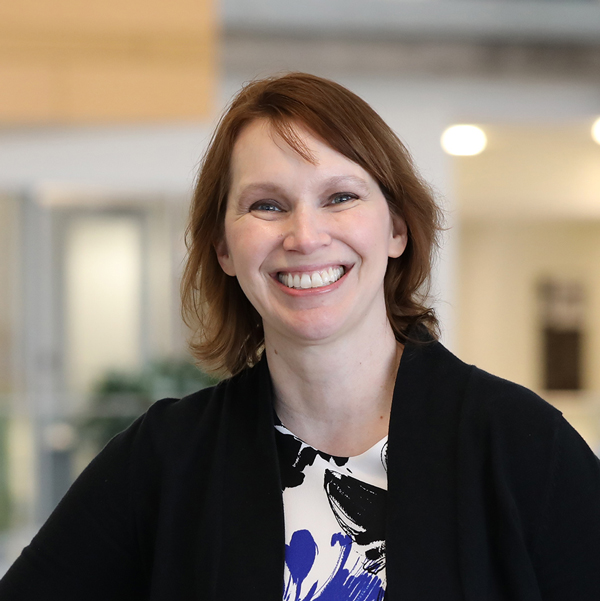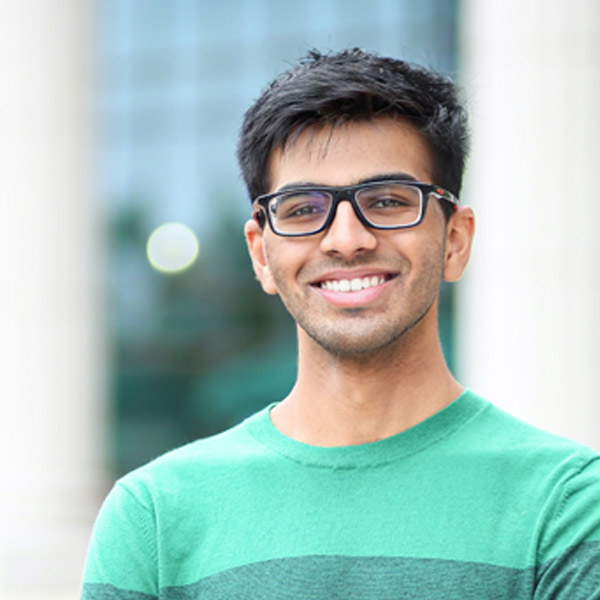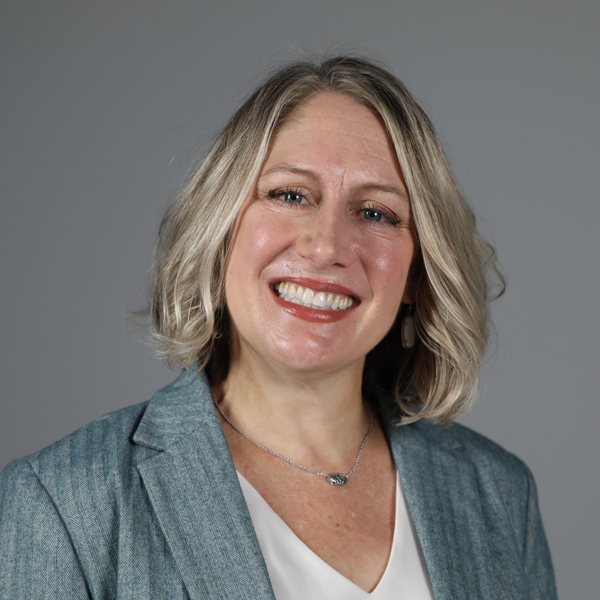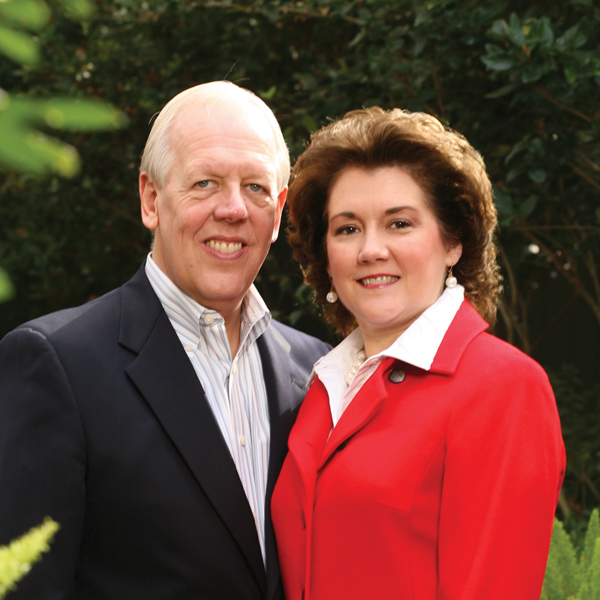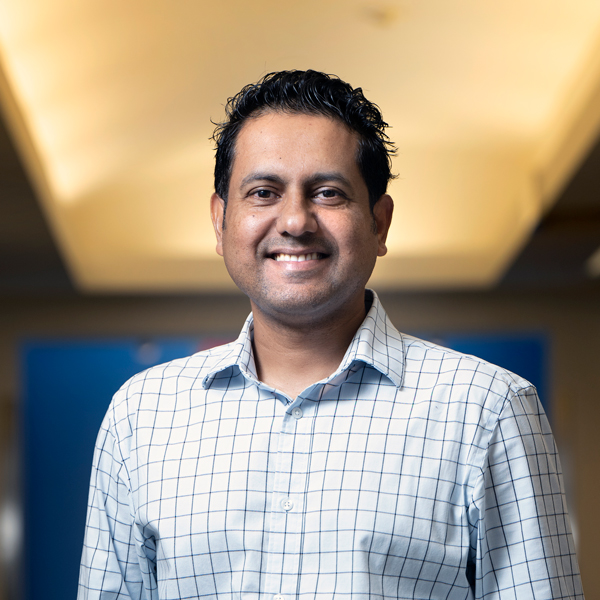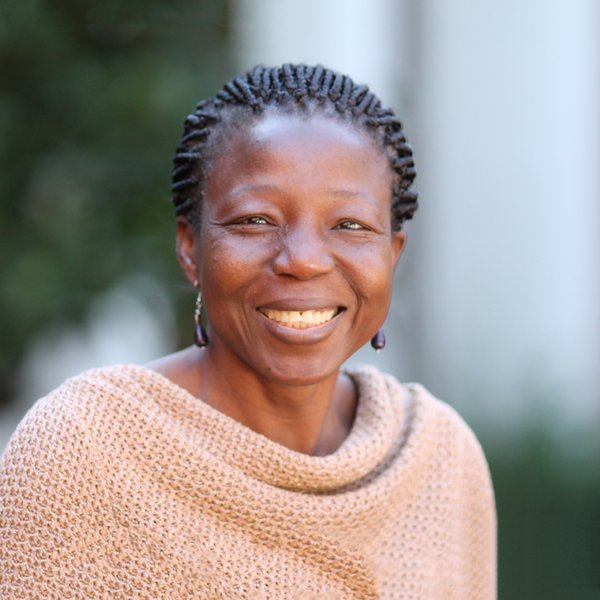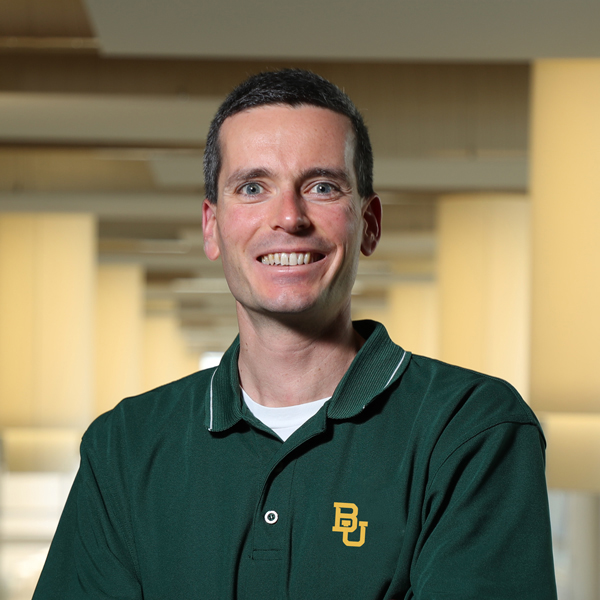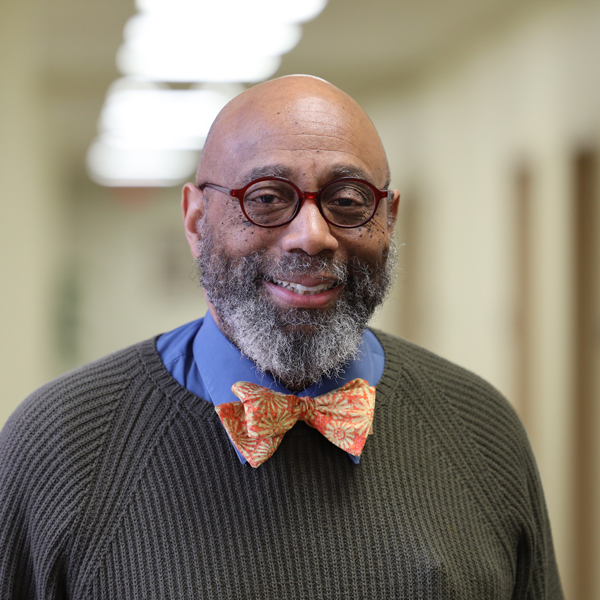Within Reach
Baylor faculty, students, alumni and benefactors articulate the importance of the University's R1 aspirations
Since the 2018 launch of Illuminate, Baylor’s strategic plan, the University has grown dramatically in research that addresses the world’s greatest challenges. Such a goal is undeniably bold, but it is grounded in practice; in professors who integrate research into the classroom, engaging students and enhancing learning; and in undergraduate, graduate, doctoral and postdoctoral researchers working together in labs and libraries, focusing on significant challenges and uncovering answers.
The growth in key indicators of progress since 2018 tells a story: from 110 to 167 doctorates awarded, 28 percent growth in annual research expenditures and a leap from $11 million to $27 million in research awards. But they only tell part of the story. The pursuit of R1 research recognition and preeminence as a Christian research university is best demonstrated by Baylor Family members. They are the faces of Baylor research. They are emblematic of contemporaries across campus working individually and collectively to investigate, mentor, teach and solve the needs of future generations, infusing Baylor’s Christian mission in a global drive for discovery.
The following Faces of R1 explain the importance of Baylor’s research aspirations.
Michael Wiggs, Ph.D.
Assistant Professor of Health, Human Performance and Recreation (HHPR), Baylor University
“One of the things I love about basic science research is that it allows us to answer questions about how or why things work. In our lab, those questions focus on the effect of cancer on muscles. Recently, it has become apparent that a person’s ability to maintain muscle mass is a strong predictor of their ability to beat cancer and return to normal activity. Along with my colleagues and students, I work on determining the cause of cancer-induced muscle wasting — termed cachexia — and developing a targeted treatment. We collaborate with interdisciplinary partners at other universities on a $1.6 million National Institutes of Health grant.
“The Waco area is home, but a major draw for me to join the Baylor faculty was the University’s commitment to building a research presence. Baylor’s investment in resources like the Mooney Lab for Exercise, Nutrition and Biochemistry played a prominent role in drawing me here. It was apparent that research prominence was a goal University-wide and that Baylor was committed to providing an environment that allows us to seek answers to important questions while teaching and involving students in the process.”
Nancy Brickhouse, B.A. ’82, Ph.D.
Provost, Baylor University
“Baylor has made incredible research progress — so much so that we’re getting quite close to goals we set to become an R1 research university. There’s work to continue to do, but we’ll get there.
“Our faculty have done fantastic work, meeting and exceeding our goals every year. When you’re at Baylor and you’re working for the glory of God, you should be working at the highest levels of academic excellence, and we see that. Our faculty have continued to conduct quality research, attracting competitive outside money to support that work, even amidst COVID-19 — the process never even slowed.
“Furthermore, we’re opening opportunities for students to be part of research labs that are truly collaborative with undergraduate students, graduate students, postdocs and faculty — multiple layers of mentoring. Students are coming out of Baylor with publications and experiences that lead to opportunities that we used to not be able to provide.
“Everyone is rowing in the same direction to make an impact on the world through research. We’ve had incredible alignment as we strive to become the preeminent Christian research university, and it’s exciting to be at an institution that truly values that.”
Stacie Petter, Ph.D.
Ben H. Williams Professor of Information Systems and Business Analytics, Baylor University
“I’ve always had a place in my heart for people who tend to be lost or forgotten in society. Unfortunately, survivors of human trafficking sometimes are disregarded by others because of their experiences. A few months after I came to Baylor in 2015, I read an article mentioning that a local school had a survivor of human trafficking. It was one of those moments that just hit me: This is literally down the road from me.
“When the opportunity to study human trafficking presented itself, it was a great fit between my research interests and my personal interests. God has opened so many doors. Last year, Laurie Giddens (M.S.I.S. ’02, Ph.D. ’17), a former student, and I received a National Science Foundation grant to examine how criminals use information technology and how law enforcement can better use information technology to be proactive in addressing human trafficking.
“It’s exciting, as a business faculty member, to make a difference that’s about more than the bottom line. I want to engage in responsible research that can inform policy, address societal challenges and make a positive impact on our communities.”
Sai Sagireddy
Junior Science Research Fellow, Baylor University
“Research is a tool that builds new knowledge and provides a means to understand the unknown. It disproves false beliefs and emphasizes the way mechanisms work.
“Dr. Christie Sayes’ [associate professor of environmental science] research group focuses on the intersection of human health and environmental exposure to enhance efficacious product development. My experiences in research so far have been absolutely incredible. I have a great working relationship with my mentor Matthew Gibb, a doctoral student. He has taught me many wet-lab and bioinformatic techniques that will help me become successful in a medical research career.
“Being involved in research has allowed me to look at my academics through a new lens. I appreciated the knowledge I was retaining, and I was able to apply it within practical settings. There is no doubt that I am a better student because of my research experiences.”
Danielle Parrish, Ph.D.
Professor, Baylor University Diana R. Garland School of Social Work, Houston Campus
“Young women in the juvenile justice system are a very at-risk, underserved population. Many of them have complex overlapping needs — health, mental health, family health and more. If these issues are not addressed, they have a huge impact on their health outcomes and quality of life. Much of my research is focused on the development of evidence-based interventions to reduce the risks of substance-exposed pregnancies within this population.
“What drew me to join the Baylor faculty was the ability to work in a setting that recognized all of me, including my spirituality, as well as the commitment to research. It’s a transformational setting where I can pursue my calling to enhance the health and well-being of vulnerable individuals.
“Baylor’s research support and resources were beneficial in obtaining a $3.1 million grant from the National Institutes of Health to test the efficacy of an intervention that I hope will be able to be used more widely and fill in gaps in services. This work aligns with Baylor’s R1 ambitions in that we are seeking to impact health through evidence-based strategies and empowerment to make lives better, getting beyond silos by looking at multiple health risks together.”
Bill, B.B.A. ’78, M.B.A. ’79, and Tanya Mearse
Donors, Mearse Chair in Biological and Biomedical Engineering
Baylor University Board of Regents (Bill)
President, Baylor University School of Engineering and Computer Science (ECS) Board of Advocates (Bill)
“When we were college students, research was something performed at the graduate level in Ph.D. programs. The difference today is undergraduates desire and expect to receive exposure and experience with research opportunities. When looking at higher education trends, research has become a key differentiator. If Baylor does not offer this type of experience, we limit the potential impact and development for the lives of students and the University.
“Our giving at Baylor has primarily been student-centric. We believe providing for student development is a long-term investment and — from a Christian mission standpoint — an eternal investment. When presented the opportunity to endow the Mearse Chair in Biological and Biomedical Engineering for ECS, we recognized the profound impact this position could have on students going forward as Baylor develops a new research focus in a booming discipline.
“In addition, Baylor will have the opportunity to collaborate with other institutions and influence how this research is applied from a Christian mission perspective to improve the lives of individuals and to demonstrate how the hand of God really works. We believe students will benefit from their experiences and find this research rewarding while also demonstrating the Baylor difference to others.”
Laxman Devkota, Ph.D. ’15
Photo courtesy Texas Children’s Hospital
Senior Research Scientist, Baylor College of Medicine/Texas Children’s Hospital
“The fight against cancer is personal to me because of a family connection. At Baylor, my Ph.D. mentor, Kevin G. Pinney [Ph.D., professor of chemistry and biochemistry], further motivated me to fight against this deadly disease head on. Dr. Pinney is one of my best mentors and a great person, as well.
“To address the unmet medicinal needs, I believe in scientific collaborations and am delighted to serve and lead multiple research collaborations between various medical institutions at the Texas Medical Center in Houston. In addition to conducting research myself, I believe in enhanced teaching of students in research activities. Training a new generation to become better problem solvers is important to me.
“As a Baylor graduate, I am pleased and delighted to see the University’s commitment of growing research activity by hiring new research investigators, postdocs and junior scientists. At Baylor College of Medicine, I am deeply involved in the development of drugs and their delivery platform to fight cancer and other diseases. The research experience I obtained in Dr. Pinney’s lab is the backbone of success in my career, and I am always thankful to my mentor and Baylor University for providing such a wonderful learning opportunity.”
Julienne Kabre, Ph.D.
Assistant Professor of Mathematics, Nova Southeastern University
Former postdoctoral researcher, Baylor University
“Baylor was a very supportive environment that facilitated my process of becoming a better scientist and scholar. I was a postdoc for three years under a great mentor, Dr. Tim Sheng [professor of mathematics]. His support was amazing as we worked together in partial differential equations. Amy Goodman [senior lecturer of mathematics] is an amazing teacher who gave me guidance to grow as a teacher and as a human being.
“Last spring, I had many good options to pursue faculty roles and chose Nova Southeastern University. They provided the best opportunity to continue my research track, and I’ll be able to continue collaborating with Dr. Sheng. My Baylor experience gave me many opportunities that made a difference. There was the research component, and I served as a co-author in the journal Discrete Dynamics in Nature and Society. I was also trained to be a teacher who can integrate that into the classroom, demystifying math and showing my students how to apply it.
“Research that contributes to the advancement of science and knowledge is central for a research university. I can see the difference that Baylor’s research focus made and felt it while I was there.”
Charles Baylis, Ph.D.
Professor of Electrical and Computer Engineering, Baylor University
“Research is about impacting people’s lives. Our research will impact many in the military, civilian and scientific arenas. It will create an adaptive and reconfigurable wireless spectrum that will provide greater access to wireless-device use for all, provide battlefield superiority and spectrum dominance for our Armed Forces, and reduce interference to crucial weather forecasting devices.
“At Baylor, we can share the good news of salvation by grace through faith in Jesus Christ and the true fulfillment that He provides with our students and collaborators. We want our graduate students to become scholars of research excellence in the wireless domain that are unashamed proclaimers and defenders of the faith. We greatly appreciate the University’s support that has allowed us to build a skilled spectrum research team with an unparalleled staff of national reputation.”
Stephen Reid, Ph.D.
Professor of Christian Scriptures,
Baylor University George W. Truett Theological Seminary
“As a Biblical scholar, I wouldn’t have anticipated participating in text data mining. Much of my time is spent reading Hebrew text and poetry; so, the digital humanities are a substantial change. Digital humanities ask the question: How can we use large sets of data and data science to understand what it means to be human?
“Baylor libraries do invaluable work in supporting faculty research. When I was asked to contribute a chapter on African American perspectives of Deuteronomy to the Oxford Handbook on Deuteronomy, Josh Been [assistant librarian and University Libraries director of data and digital scholarship] helped me sift through a mountain of data. Using high-powered computing, we analyzed more than 500 digitized freedom narratives in the 1700s and 1800s, mining them down to those referencing Deuteronomy for me to study. This would take significantly longer without a manageable set.
“This is an example of how being at a Christian research university makes a difference. Without the library and the high-performance computing facilities, this project never would be possible. Almost none of the voices in the freedom narratives end up in commentaries available to us today. Data mining allows us to highlight people who would have been invisible but now are visible as Biblical interpreters. This technique can be used for much larger future projects such as the Psalms.”
